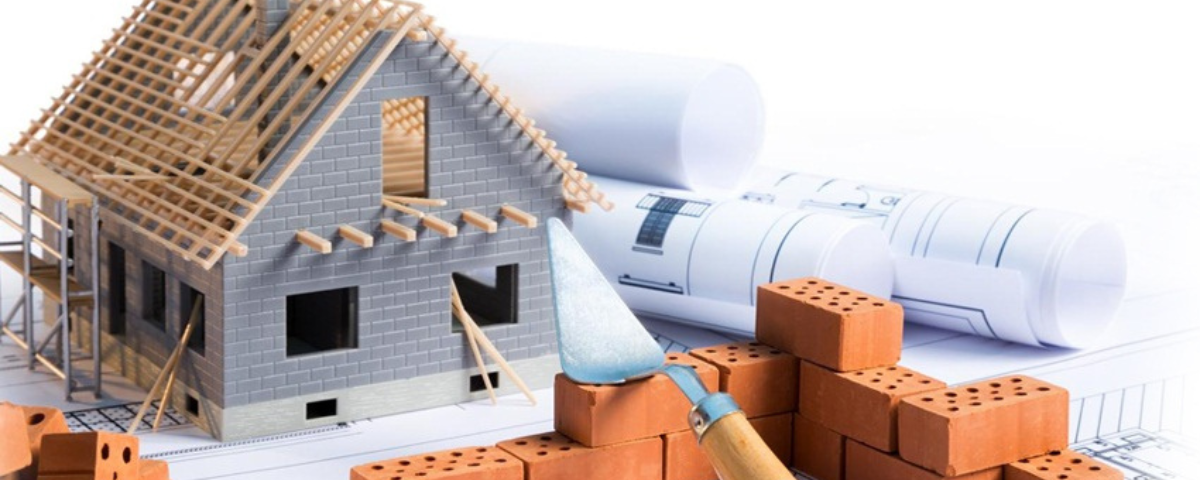Flat vs House in India: Which One Should You Buy?

Why Everyone Should Consider Property Investment in Gurgaon: Top 3 Reasons
July 17, 2025Choosing your ideal flat home or an independent house is one of the biggest decisions in real estate. While both options offer unique advantages, understanding the difference between flat and house is essential before making a final call. Whether you’re a first-time buyer or considering a long-term investment, comparing a flat vs house can help you make a smart decision tailored to your lifestyle and future plans.
Table of Contents
Factors to Consider: Apartment vs Independent House
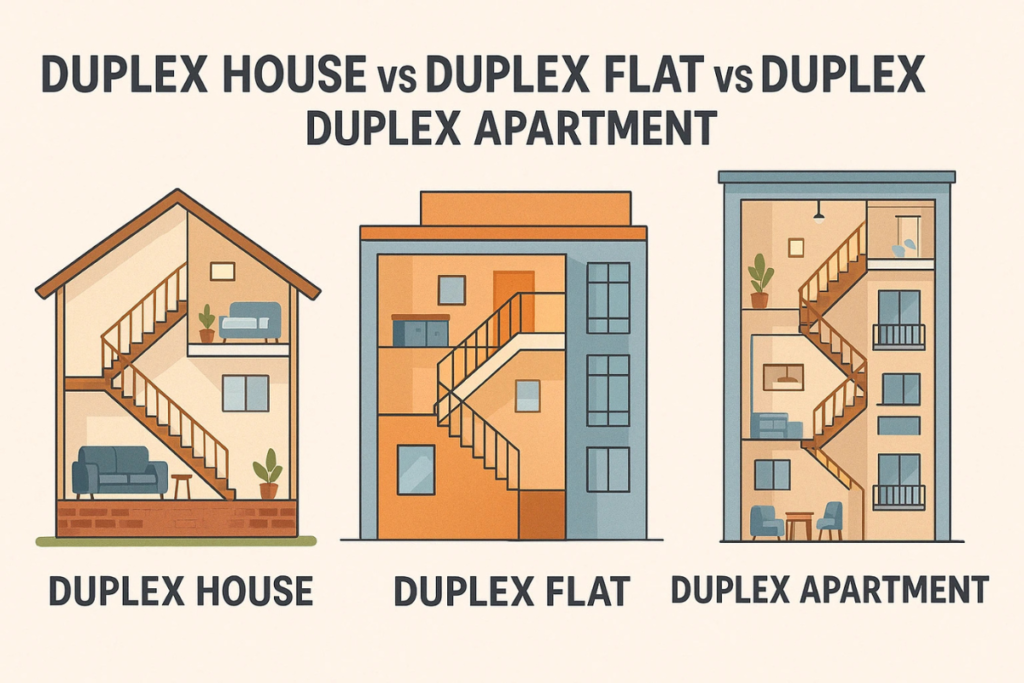
Before deciding on a flat home or independent property, consider the following:
Location Matters
The apartment vs independent house debate often begins with location. Flats are usually located in prime, urban neighborhoods with easy access to schools, offices, hospitals, and public transport. An independent house may be further from the city center but offers more land and privacy.
Budget Constraints
The difference between flat and house is quite evident in pricing. A flat home generally requires less upfront investment and offers shared amenities. Independent homes involve higher land and construction costs, making them a more significant investment upfront.
Maintenance and Upkeep
A vital point in the flat vs house comparison is maintenance. Flats come with shared maintenance managed by the society or builder. In contrast, owning a house means all upkeep—plumbing, security, landscaping—is your sole responsibility.
Space and Expansion
Independent houses offer more space and flexibility for expansion, whereas flats offer efficient layouts in vertical buildings. If you need a garden or an additional floor, an independent home wins in this difference between house and flat.
Amenities and Lifestyle
Most flat homes offer modern shared amenities like gyms, swimming pools, and 24×7 security. In the apartment vs independent house discussion, apartments usually provide a convenient lifestyle, especially for busy professionals or families with children.
Pros and Cons: Flat vs House
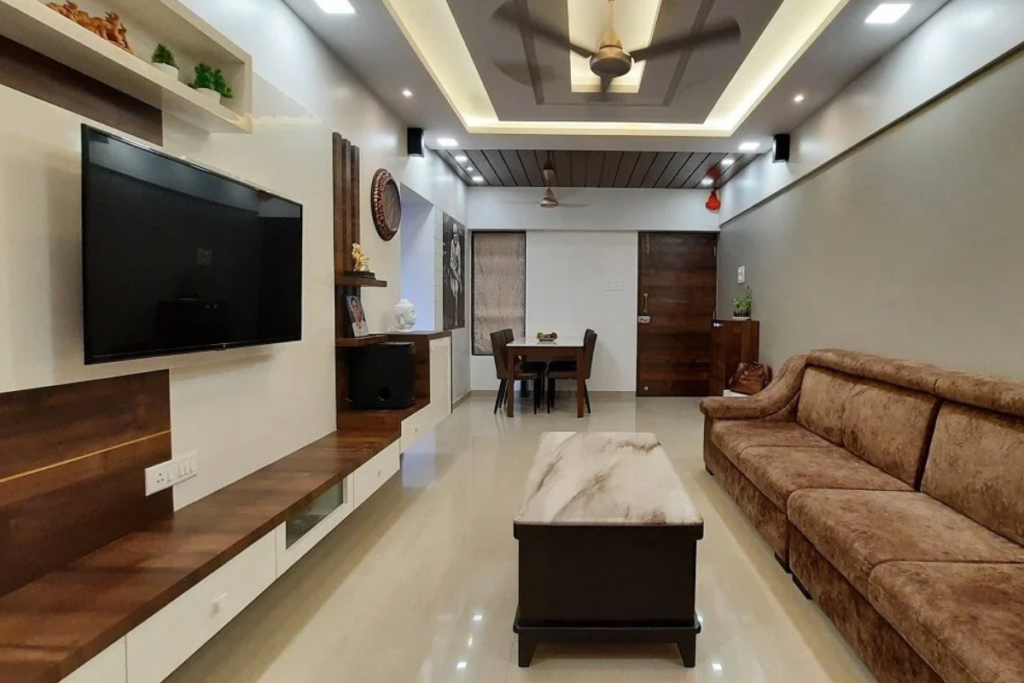
Advantages of Buying a Flat Home
- Affordability: A flat home is more affordable, especially in metro areas.
- Security: Flats have gated entrances, CCTV cameras, and security guards.
- Shared Amenities: From fitness centers to clubhouses, flats offer lifestyle perks.
- Community Living: Ideal for social interaction and safety.
- Lower Maintenance: Costs and responsibilities are shared among residents.
Drawbacks of a Flat
- Limited Customization: You can’t easily remodel or expand a flat home.
- Privacy Concerns: Shared walls can reduce personal privacy.
- Rules and Restrictions: Societies impose various regulations on pets, visitors, renovations, etc.
Advantages of an Independent House
- More Space: You get larger living areas and outdoor zones.
- Land Ownership: You own the plot, increasing resale value and flexibility.
- Customization Freedom: Remodel or extend as you please.
- Privacy: No shared walls or community guidelines.
Drawbacks of a House
- High Initial Cost: The difference between house and flat is significant in pricing.
- Maintenance Responsibility: You manage everything—from pest control to plumbing.
- Lack of Shared Amenities: Everything must be built and managed individually.
Apartment vs Independent House: What Should You Choose?
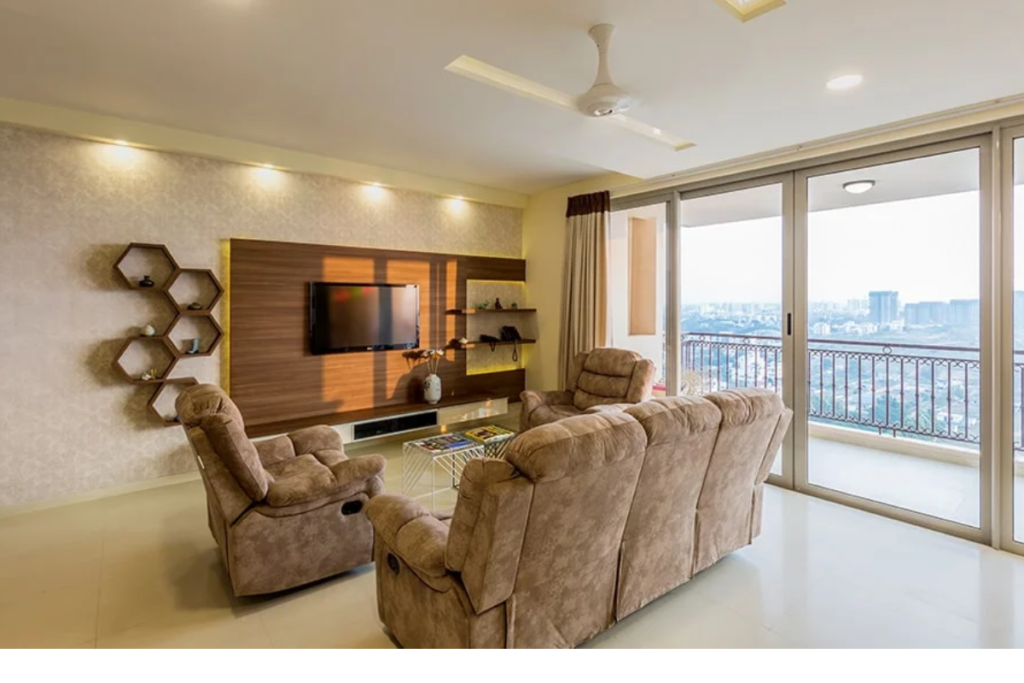
Choosing between an apartment vs independent house is not just about cost it’s about lifestyle. If you prefer convenience, low maintenance, and modern amenities, a flat home could be ideal. On the other hand, if you value space, freedom, and long-term investment, an independent house might be more suitable.
The flat vs house decision should also factor in family needs, career plans, and resale potential. While an apartment might appreciate faster in metro areas, a house in a developing locality can be a goldmine in the future.
Investment Perspective: Flat vs House
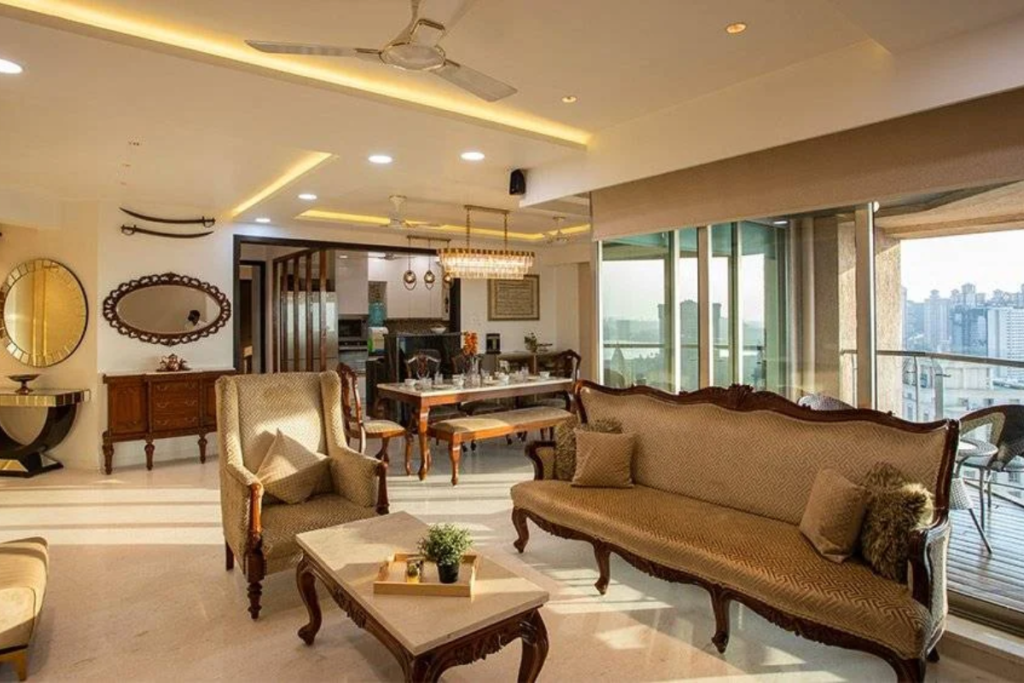
From an investment angle, the difference between house and flat becomes crucial:
- Flats in premium localities offer high rental income and quick resale options.
- Independent houses, with land ownership, often appreciate more over time but may take longer to sell.
Understanding the apartment vs independent house dynamics can guide you toward a smarter, more profitable investment.
Final Thoughts: Flat vs House – Your Ideal Flat Home Awaits
Making a choice between a flat vs house doesn’t have to be overwhelming. Whether you’re drawn to the security and shared amenities of a flat home or the expansive freedom of an independent house, knowing the difference between flat and house helps you decide better.
If you’re specifically looking for a 3 BHK in Gurgaon, your decision becomes even more significant. Gurgaon offers a mix of modern apartments and spacious independent houses, making it crucial to evaluate what fits your lifestyle and long-term goals best.The decision also affects your lifestyle, monthly expenses, and future returns. So if you’re still confused about the difference between house and flat, reach out to experienced real estate consultants like Address Advisors.
FAQ’s
1. What is the difference between a house and a flat?
A house is a standalone property built on a plot of land, offering privacy and often more space. A flat is a residential unit in a multi-storey building, sharing walls and amenities with other units.
2. Which is better to live in—a house or a flat?
It depends on your lifestyle and preferences. Flats offer modern amenities and security, while houses provide more space and privacy.
3. What defines a flat as a type of housing?
A flat is a self-contained housing unit, typically located within a larger building, consisting of multiple rooms such as bedrooms, kitchen, and bathroom.
4. What does the term “flat house” mean?
“Flat house” is often used informally to describe apartment-style housing. However, it is not a technical term and usually just refers to a flat.
5. How is flat housing different from traditional homes?
Flat housing refers to multiple housing units within a building, whereas traditional homes (like bungalows or villas) are single-unit, standalone structures.
6. Can a standalone house be referred to as a flat?
No, a standalone house cannot be accurately called a flat. Flats are typically part of apartment complexes or multi-family buildings.
7. How does a flat differ from a private house?
A private house is an independent structure with no shared walls, while a flat shares its building with other units and has common amenities.
8. Are there legal differences between owning a flat and a house?
Yes. When you buy a house, you typically own the land as well. When you purchase a flat, you own the unit but share land ownership with other flat owners.
9. What makes an apartment different from an independent house?
Apartments are built in complexes with shared infrastructure and management, while independent houses are self-managed, standalone properties.
10. Which is a better investment: apartment or independent house?
Both can be profitable. Apartments in prime areas appreciate well and offer rental income. Independent houses offer land value growth and more control.
11. What is the key difference between flat and room?
A room is a part of a larger dwelling or shared accommodation. A flat is a complete residential unit with multiple rooms and independent facilities.
12. How does a flat compare to a villa or bungalow?
Flats are compact and part of a complex. Villas or bungalows are spacious, independent homes, usually with private gardens and more outdoor space.
13. What is the ownership model in flats vs houses?
Flat owners often hold undivided shares in the land and pay maintenance fees. House owners have full rights over the land and building.
14. Is a flat considered a permanent residence?
Yes, a flat is a permanent housing option and can be owned or rented long-term like a traditional house.
15. What is the main lifestyle difference between flat and house living?
Flat living offers community-based urban convenience. House living provides more privacy, space, and customization opportunities.

